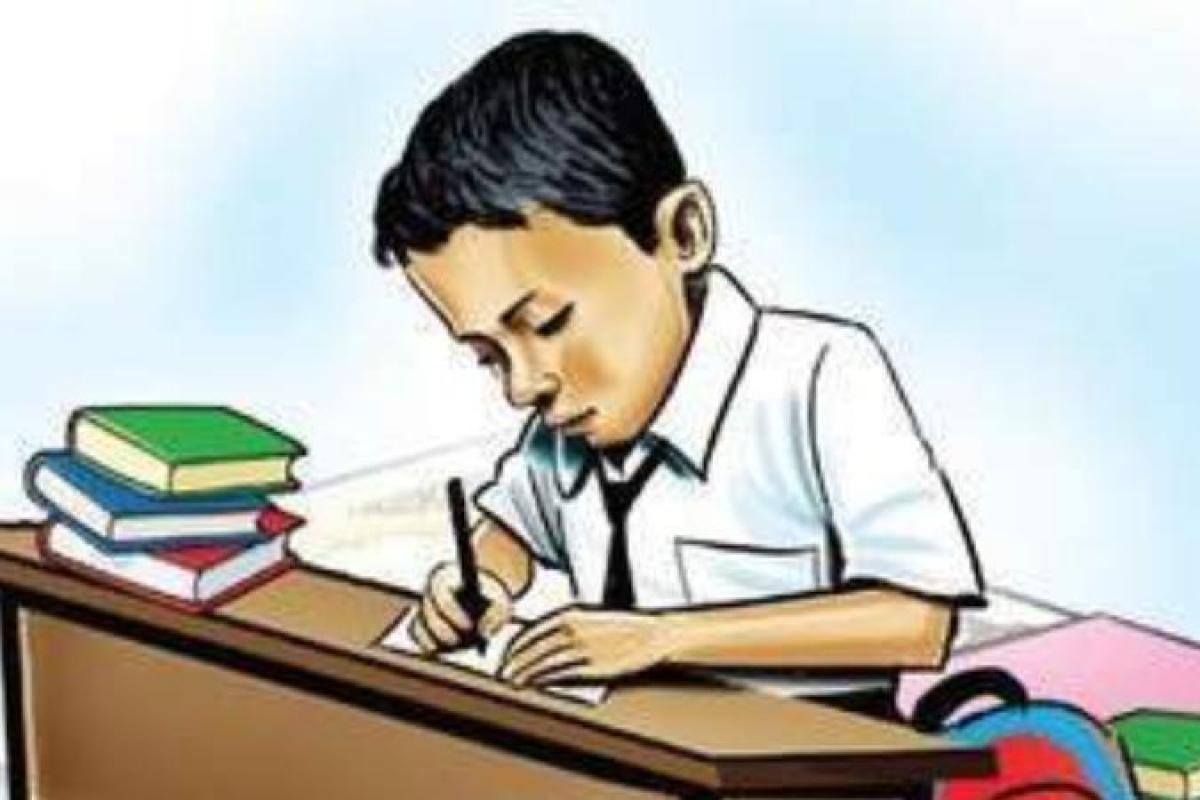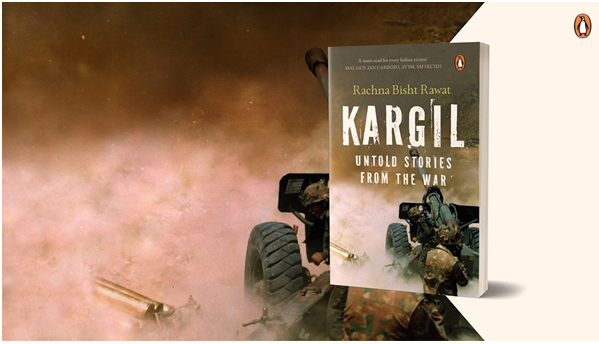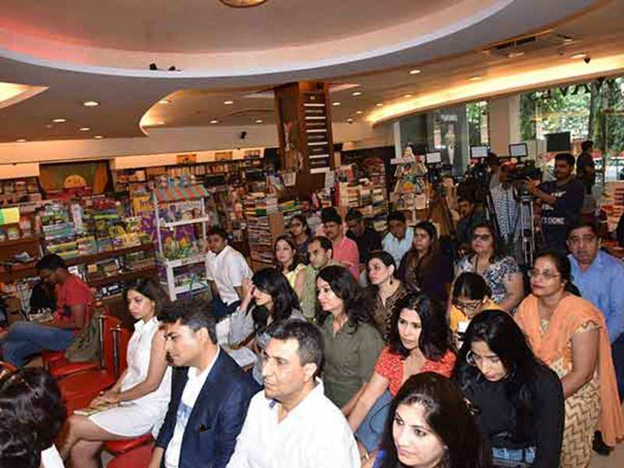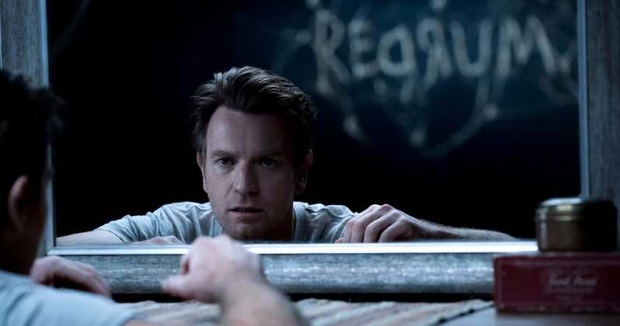Frontlist | Challenges faced in the world of education
Frontlist | Challenges faced in the world of educationon Nov 19, 2020

1. Mastering the virtual world
Just yesterday I listened to a plaint: “It’s November and my partner and I have not yet met!” No, it wasn’t a bridegroom complaining about the delay in meeting his arranged match. It was one of my kindergarten teachers talking about how even though she has been working with her co-teacher in the same virtual classroom since August, they have still not met face to face. “And yet”, she says, “We are in sync with each other, our students and, our parents.” To start with, as a teacher of children, who primarily learn using all their senses and body, she was sceptical about the virtual world meeting the needs of 4 and 5 year olds. Six months into the lockdown she says it has had the most unintended consequence. It has changed the equation between teachers and parents. “When we get sick our students’ parents come into the room and give us virtual hugs”, she beams, “And because they have been inside their children’s classrooms, these parents are now following the same ‘Essential Agreements’ at home that we practise with our students inside the classroom.” I watch her and her partner teacher ‘online’, giving personal attention to each child, gauging the reading levels of every child, and celebrating the involvement of their parents as a valued partner who reads to their children and shares the joy of their enriched vocabulary.2. Missing the physical connect
While our children are relishing the blended learning, from their home, almost all ache to get back to school so that they can be with their friends and interact with their teachers. There are many others for whom home is becoming somewhere in which they feel ‘locked up’- their words, not mine. And while they have access to co-curricular learning, I don’t know a school leader who believes we are fully addressing the social, emotional, creative, psychological and, physical needs of our children ‘locked out’ of our schools While as an instructional leader I am truly excited by what feels like a once in a career-defining opportunity to transform learning, I cannot ignore the human impact that Covid is having on our learning community. Stress from long hours in front of a screen is evident in my teachers’ voices. Over time it has taken a toll on the health with increased episodes of backache and headache. There is an absence of regular exercise which came from walking around the class and corridors and up and down the stairs. The line separating the personal and professional life is blurred and teachers are experiencing a constant restlessness.3. A world with no boundaries
A friend said, “In this new world there are no boundaries. Work never ends for the day.” That sentiment could just as easily have been expressed by a parent as they too try to juggle working from home, supporting their child’s learning and psychological wellbeing, struggling to make up for the absence of stimuli for their kids and the whole family. The lack of boundaries is heightened by the inability to socially interact or ask for ‘the village’ to take over the upbringing of their child for a few hours at least. The safety blanket that is offered to our students is largely only accessible to the more privileged learning communities. As I watch my students discussing machine learning, astronomy and, aerodynamics, it becomes painfully clear that there is a paradoxical chasm between their learning during COVID, and that of students who do not even have a device or a telephone signal and have suddenly been at liberty to spend time with their friends and family as apprentices in workshops and fields. Two different kinds of experiential learning. Which would our children choose if they could?4. Blended learning accessible to all
For many children across the nation, the worst is that there is little or no access to schooling, whether physical or virtual and where it does exist, too often it is examination year focused. As a result, many students in rural areas have revelled in the opportunities given to them to play, explore, roam the countryside and help their parents. Suddenly, the world has become their experiential learning community, maybe richer than the text focused classroom. I wonder if the online “experiential” learning community such as ours, can appreciate and aspire to embracing the rich engaged collaborative learning that may not be founded on enquiry, but finds the joy of learning in the real world much like Twain’s Tom Sawyer and Huck Finn! Then I read the world bank report warning of learning loss and I wonder what it means for those who have worked so hard to come out of poverty only to be pushed back in because their children aren’t ‘digital natives’ and so once again have an unequal playing field. In the longer term, the ability to make a blend of synchronous and asynchronous learning accessible to all, regardless of privilege, is the way forward for the whole world. This is true. But so is the ability for teachers to work together side by side. For parents to drop their children off in a facility that enables them to grow and thrive. For students to play together and live without fear of the future. For school leaders like me, the welfare and wellbeing of learners, teachers and families that I am in contact with every day excites me the most. The human connectivity and empathy that drives collaboration, creativity and innovation for planetary good can only be met if we care about each other. And it is this time of adversity that must drive our innovation. --Article by Spokey Wheeler, Director and Head, Heritage International Xperiential School
Authors
book news
Challenges in Education Industry
COVID changing Education system
Education News
Frontlist Article
Frontlist education News
Frontlist India
Frontlist India news
Frontlist Latest news
Google news
Latest news
Lockdown
online education
Problem in Education system due to COVID
Publishers
Publishing
Ramesh Pokhriyal Nishank
Writers



.jpg)






.jpg)
.png)
.jpg)
.jpg)
.jpg)
.jpg)
.jpg)
.jpg)










Sorry! No comment found for this post.